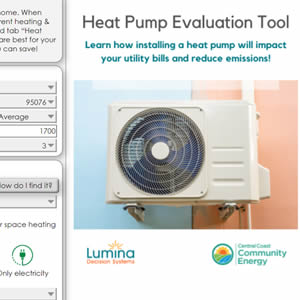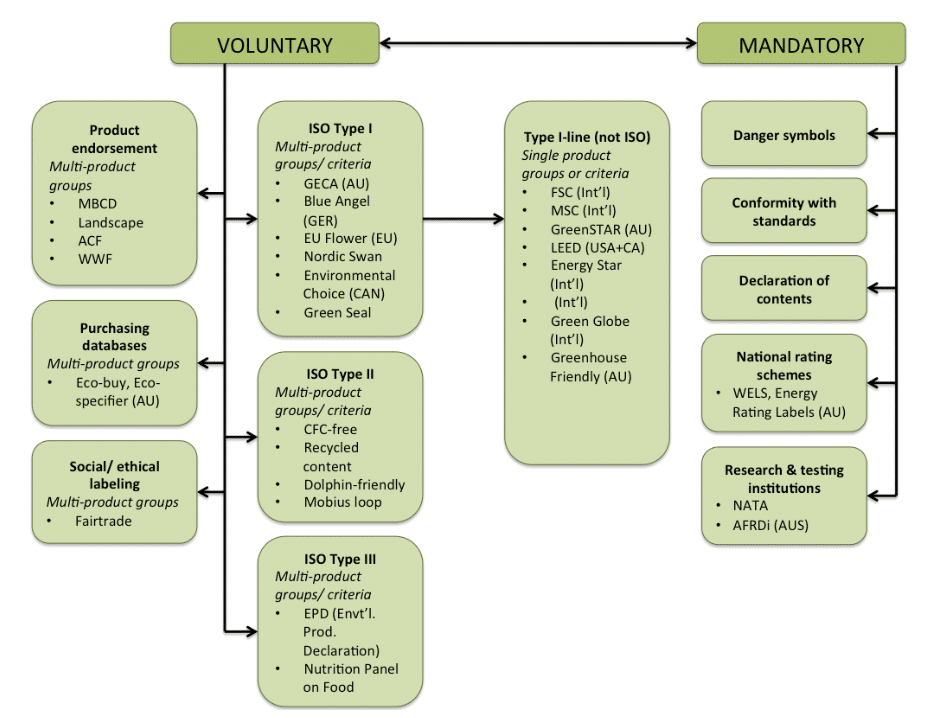
It pioneered methods for critical analysis of environmental and natural resource policies, and for evaluation of their true social costs and benefits. Development of Haiku has been sponsored by federal and state energy and environmental agencies.
The challenge
The electricity sector is responsible for the largest share of atmospheric pollutants in the U.S., including particulates that affect human health, acid precipitation, as well as carbon dioxide and other greenhouse gases.
Even after “deregulation” it remains one of the most regulated industries in the country.
The challenge is to forecast the effects of current and proposed economic and environmental regulations, such as emissions permit trading or a carbon tax, in the context of changing fuel prices, and new technologies for power generation and pollution control.
Why Analytica?
“We chose Analytica because it is a wonderful collaborative tool. Several of us work intermittently in developing this model and Analytica provides a user interface to enable us to understand how important features work, and to work in series to make improvements to the model. Also, we value the tools for uncertainty analysis in Analytica.”
– Dallas Burtraw, Haiku Team Leader
The solution
RFF and other organizations have used Haiku to evaluate a wide range of issues affecting the US electricity industry, including the environmental impacts of deregulation. These analyses have been the backbone of over a dozen articles, publications and government reports.
Haiku simulates regional electricity markets and interregional electricity trades.
It models utility company decisions to change fuel type, invest in new power plants, retire old plants, and select emissions clean-up technologies, based on minimizing their generation costs.
It also models dispatch of power to match changes in demand by time of day by minimizing short run variable costs.
It forecasts electricity demand, prices, generated power by fuel and plant type, and emissions of major pollutants, such as nitrogen oxides, sulfur dioxide, carbon dioxide, and mercury.
It treats 13 regions of the US, four time periods by day, three seasons, and three customer classes: residential, industrial, and commercial.
It aggregates from a complete set of power plants in the United States into 48 representative plants for each region.
It models power trading between regions to equilibrate regional electricity prices accounting for transmission costs and power losses, and subject to transmission capacity.
It uses an iterative convergence algorithm to compute the market equilibria. It can model a wide variety of regulatory situations, including regulated and competitive pricing of power, and trading of emissions permits with caps on emissions by type.
Authors
Dallas Burtraw, Karen Palmer, Anthony Paul, Ranjit Bharvirkar, David Evans, and David Lankton at Resources for the Future.
For more
Numerous publications on Haiku and its applications are available at Making sense of Multipollutant Legislation.
See The RFF Haiku Electricity Market Model (PDF File) by Anthony Paul & Dallas Burtraw for a detailed model description.
For more, contact Dallas Burtraw at RFF.





